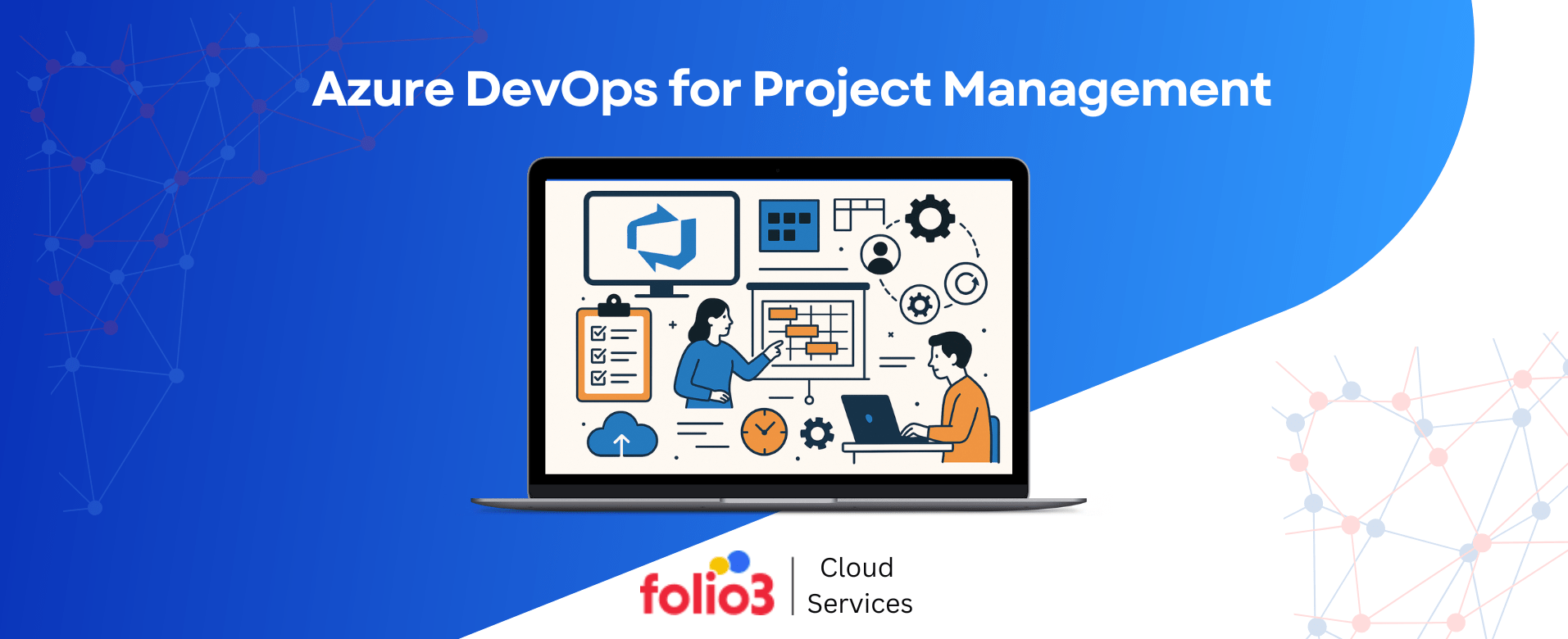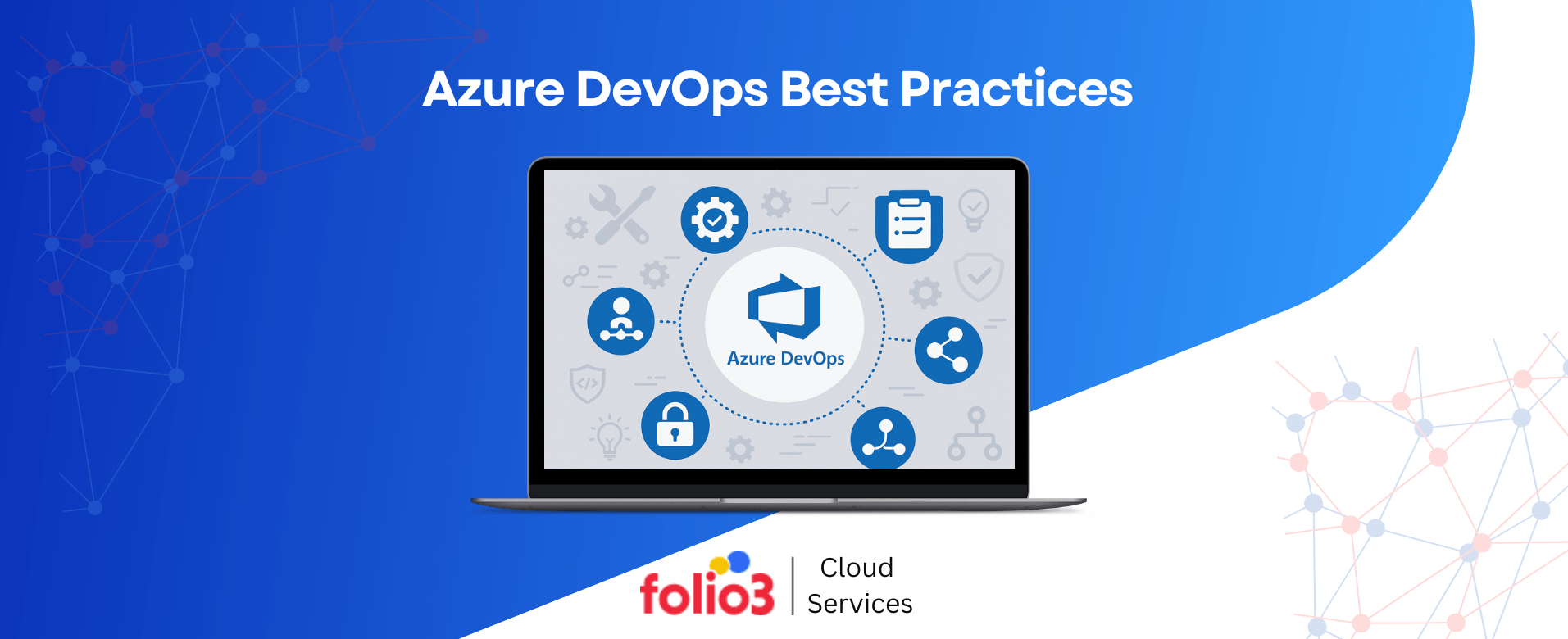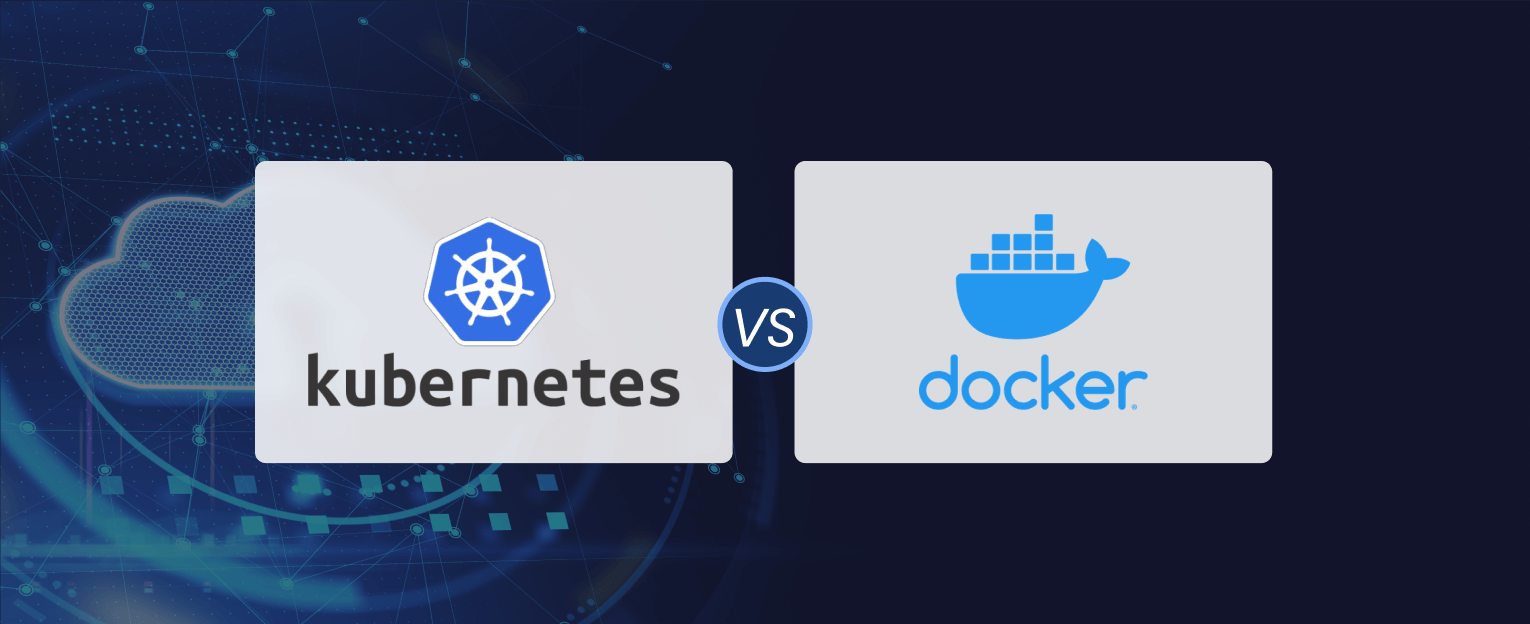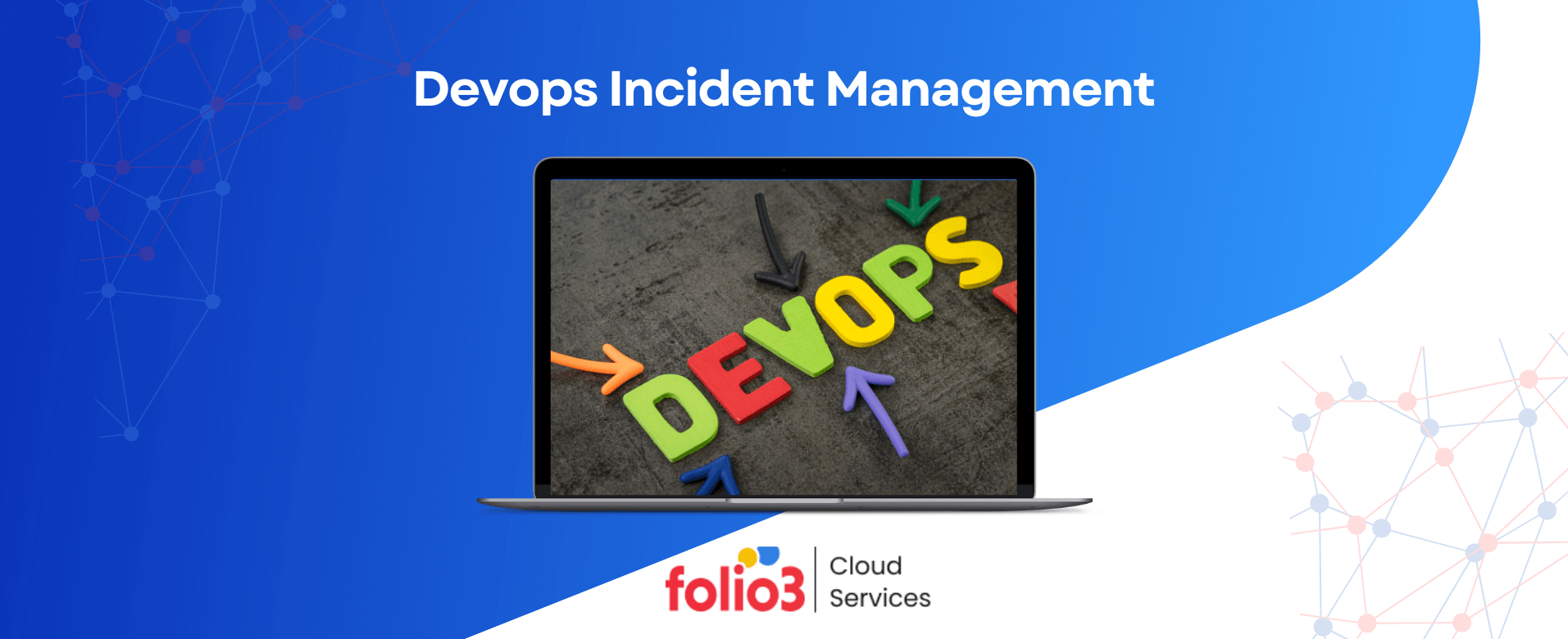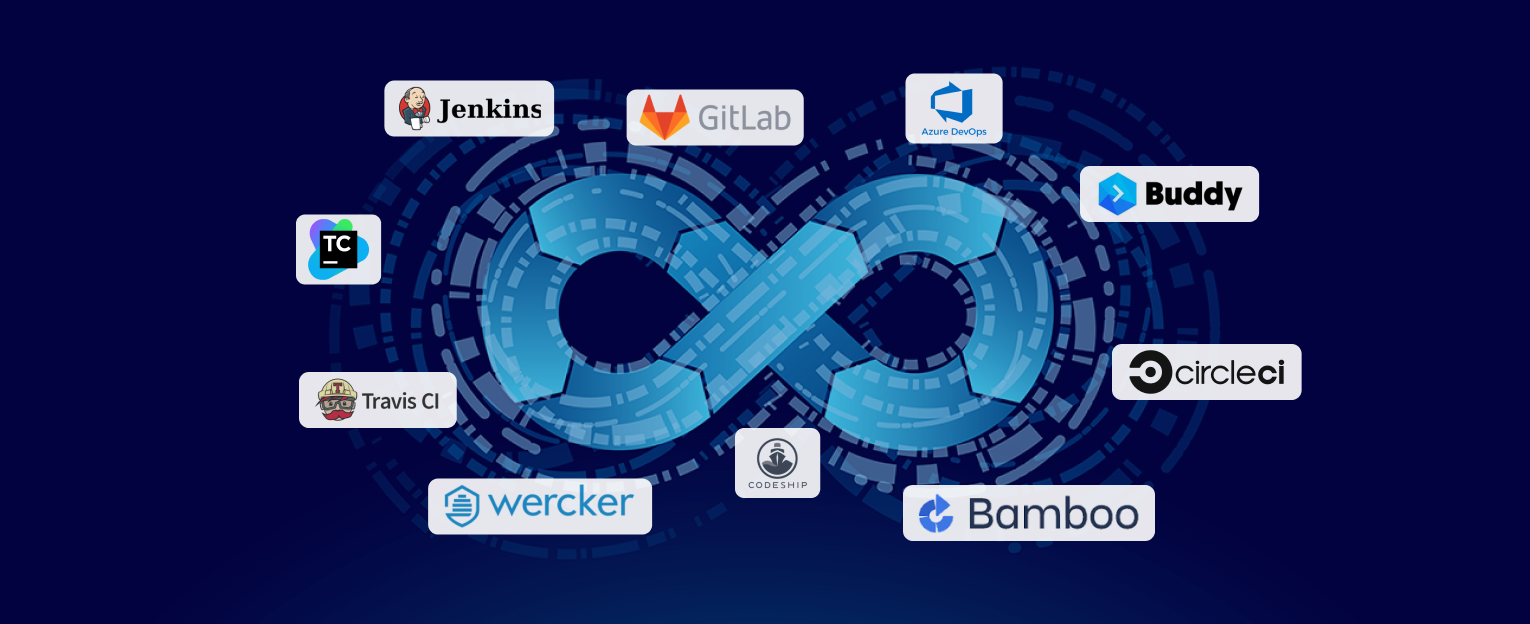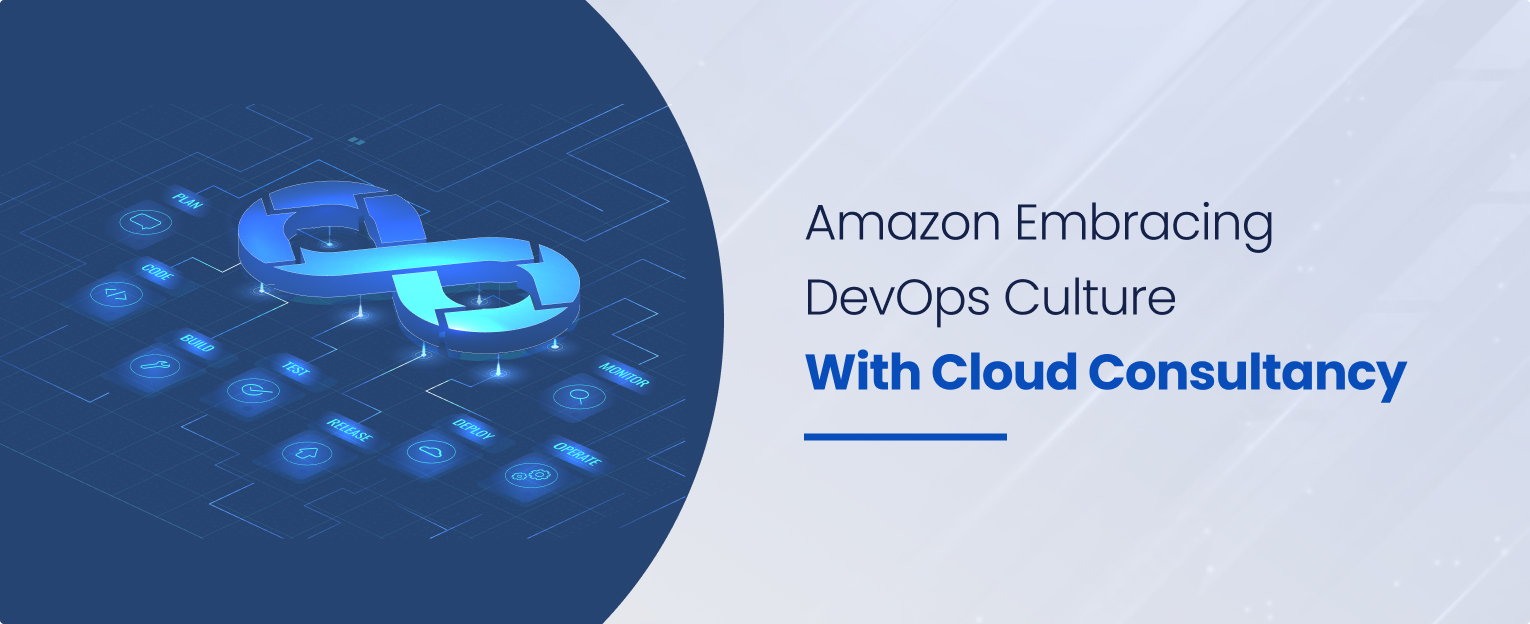Manual deployments of container management are a tedious burden while scaling applications has turned into a complex feat. The way businesses risk facing a series of challenges due to these conditions can hinder their growth and competitiveness. Therefore, there is a need to highly emphasize the benefits of Kubernetes for organizations.
All the inefficiencies can be troublesome at times. Apart from resulting in slower delivery times and compromised agility, the situation also pushes organizations toward wasting resources. Eventually, they need help to be adaptive in a dynamic market.
To avoid the risk of falling behind the curve, organizations should not delay acquiring the leverage of recent technological advancements such as Kubernetes.
How Does Kubernetes Work
Employing a client-server architecture, Kubernetes enables users to interact with the system through a user-friendly API, abstracting the complexities of managing containers at scale.
It operates through a cluster manager that consists of a control plane and multiple worker nodes by organizing a group of machines (nodes) into a single computing resource.
The control plane manages the overall state of the cluster involving the Kubernetes API server, scheduler, and controller manager while making high-level decisions at the same time. In contrast to this, worker nodes are in charge of running and managing containers.
These key components work synergistically to maintain the desired state, facilitating automatic scaling, load balancing, and even self-healing in the face of failures.

Streamline Operations with Kubernetes – Get a Free Consultation!
Unleash the power of Kubernetes to simplify and optimize your operations. Book your consultation today.
What Can You Do With Kubernetes?
Opening the door of possibilities, Kubernetes allows you to create and manage containerized applications with unprecedented efficiency and flexibility. This web of possibilities involves.
- Reliable Deployment: With Kubernetes, you can roll out new features and updates seamlessly, given the minimal time risk.
- Scale Up Your Application: Considering the real-time traffic and resource utilization, this technology adapts to fluctuating demand with ease by dynamically scaling your applications up or down.
- Management: No need to opt for manual configurations and tedious maintenance. Rather, Kubernetes manages container lifecycles and health checks, including restarts, health checks, and resource allocation.
- All-time Availability: The automotive replacement of failing containers and redistribution workloads make sure that your applications remain accessible 24/7. This adds one more factor to the advantages of Kubernetes.
- Seamless Connectivity: You can connect your containers seamlessly, regardless of the location by utilizing the built-in power of Kubernetes.
- Custom Extensibility: By tailoring Kubernetes to your specific needs, a vast ecosystem of plugins and extensions authorizes you to add custom functionalities and integrate them with existing tools.
Benefits of Using Kubernetes
Here are some of the most crucial benefits of Kubernetes for your business:
1) Optimized Application Development Process
By offering unparalleled optimization, implementing Kubernetes in an organization transforms the application development process.
Simply put, Its container orchestration capabilities simplify deployment complexities, which allows developers to focus on writing code rather than grappling with infrastructure intricacies.
To sum up, Kubernetes has turned into a catalyst for optimizing development workflows. Hence, it enables teams to deliver high-quality software at a faster pace.
2) Improved Software Scalability
Whether your organization is experiencing a sudden surge in traffic or facing a low, Kubernetes automatically adjusts the number of containers running your application. Yes, this is what ensures optimal performance and resource utilization.
With this elimination of the need for manual intervention, businesses can focus on building and delivering value rather than wasting time on managing infrastructure.
Furthermore, Kubernetes scales horizontally, meaning you can seamlessly add or remove containers without wasting much time.
This unparalleled scalability empowers businesses in many ways, like adapting to dynamic market conditions, searching for new opportunities, or beating the competition.
3) Reduced IT Expenses
The process of automated scaling capabilities lets organizations scale up applications based on demand. Given that resources are allocated dynamically, this eliminates the need for overprovisioning as well as preventing unnecessary costs associated with idle resources.
Not only does this operational policy save on labor costs, it minimizes the risk of human errors. Your business will have faster time to market at reduced costs while improving application performance and reliability.
Lastly, with Kubernetes, organizations can achieve better performance with existing hardware. This reduces infrastructure costs and distributes resources judiciously, which leaves a significant reduction in overall IT expenses.
4) Simplified Cloud Migration
Have you ever faced troubles in moving your applications to the cloud? Well, that comes under the category of normal challenges organizations face. However, embracing the benefits of Kubernetes can change everything.
Making it a streamlined and hassle-free experience, it acts as a bridge that easily connects your on-premises applications to the cloud. Apart from migrating the piece of your application by piece, the respective containerized approach minimizes disruption and ensures smooth operation.
Furthermore, the process also automates many tedious tasks in cloud migration. All this helps free up your team to focus on strategic initiatives by sharing the workload with utmost productivity.
5) Better Flexibility
Kubernetes is synonymous with providing flexibility. In contrast to traditional monolithic applications, Kubernetes-powered applications work differently. They are built with microservices, empowering you to develop, deploy, and scale individual components independently.
When this modularity authorizes you to respond quickly to market shifts, employees can better focus on experimenting with new features.
Even when there is a sudden surge in demand or a last-minute change in requirements, Kubernetes gets your back. It has all the flexibility you need to adapt and thrive in a challenging environment.
Achieve Key Benefits of Kubernetes With the Right DevOps Partner
To make the most out of Kubernetes, organizations need to hire the right DevOps partner. Or else they cannot properly utilize Kubernetes. The right DevOps partners offer Kubernetes development services that can greatly help organizations achieve the benefits of Kubernetes in several ways.
Similarly, they also implement a successful utilization of this powerful container orchestration platform. Not only do DevOps partners assist with technical aspects, but they also offer guidance in aligning Kubernetes with business objectives.
Hence, appointing an expert partner holds immense importance for business growth.

Streamline Operations with Kubernetes – Get a Free Consultation!
Unleash the power of Kubernetes to simplify and optimize your operations. Book your consultation today.
Conclusion
The benefits of using Kubernetes can do wonders for your organization. The platform’s container orchestration has the potential to touch every facet of the organizational workflow, especially in this ever-evolving technological age.
Adopting Kubernetes offers you a powerful tool to manage containerized applications, streamline operations, and stay agile. Hence, proving it to be the must-go option for every organization striving for success.
- Frequently Asked Questions
Q1. What Advantages Does Kubernetes Offer for Application Deployment and Management?
There are many advantages of Kubernetes, but the automation of routine tasks, efficient scaling, and high availability top the chart.
Q2. How Does Kubernetes Improve Resource Utilization and Cost Efficiency?
Kubernetes improves resource utilization through the optimization of resource utilization by packing containers densely onto nodes and scaling resources as per the actual application needs,
Q3. What Impact Does Kubernetes Have on Application Reliability and Uptime?
The automated container restarts and load balancing in Kubernetes enhance your applications to remain online and accessible despite failures.
Q4. How Does Kubernetes Facilitate Application Portability Across Different Environments?
Kubernetes enables seamless portability across different environments, like on-premises or cloud, by packaging applications in standardized containers and decoupling them from the underlying infrastructure.
Q5. What Role Does Kubernetes Play in Fostering a Culture of Innovation and Agility?
Kubernetes fosters innovation and productivity. It supports rapid development cycles, enables experimentation, and empowers teams to meet changing market demands.



